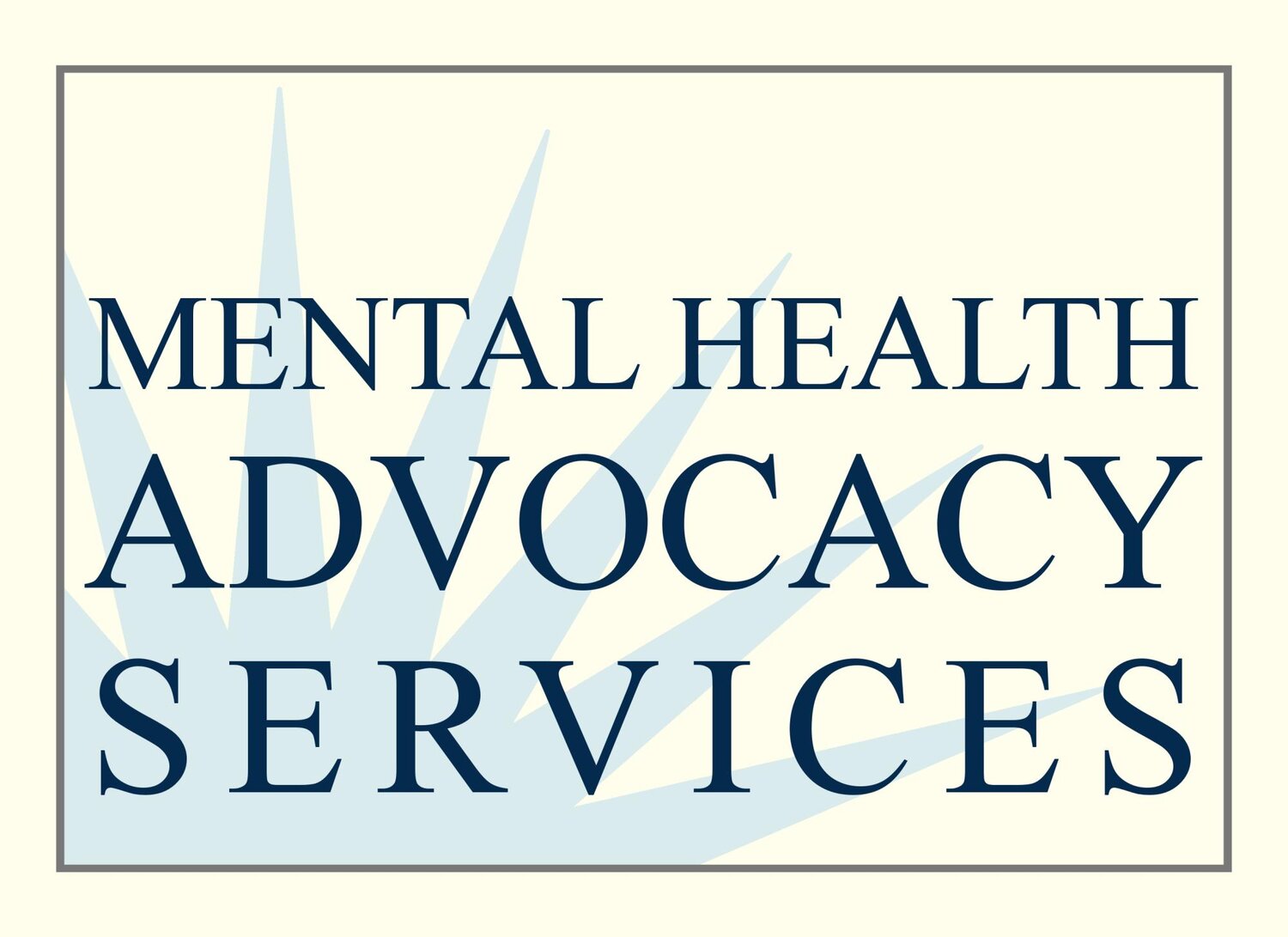The Many Shapes of Grief and Loss
by Eliza SchaflerEliza Schafler is an MHAS Equal Justice Works Fellow sponsored by Greenberg Traurig, LLP.
In the past several weeks, our Behavioral Health-Legal Partnership (BeHeLP) has begun to serve yet another group of children with mental health needs: those suffering from grief and loss. This is because the Center for Grief and Loss at Hathaway-Sycamores, our partnering agency, now has an outpost at the Family Resource Center in Highland Park, where BeHeLP has regularly been providing legal assistance. Translation: more vulnerable families with be coming to BeHeLP for the legal care they need to achieve stability.I’ve said we are now serving children dealing with grief and loss. But what are “grief” and “loss”? Many of us associate these words with the death of loved ones, and rightly so. However, grief and loss are not limited to literal loss of life. Children can experience this type of profound emotional trauma in a variety of circumstances.Take yesterday, for instance. I met with the parents of a child who had attempted to harm herself. Those investigating her case first uncovered that she had been withdrawn in school. Then they learned that her mother suffers from a health condition. Finally, they learned that her father faces possible deportation and separation from the family, at a time when he is most needed to care for his wife and children. For this child, these triggers amount to grief, serious enough to put her own life in danger.This is not the first child I’ve encountered whose mental health crisis traces to deportation of a family member. Nor is it the first time I have seen deportation as as source of instability for families. In fact, it is an issue that has attracted national attention. A 2010 report by the Urban Institute found that deportation in families leads to lower income, housing instability, and hunger. In children, it leads to sadness, fear, anxiety, withdrawal, aggression, developmental difficulties, and trouble in school. Research into this issue is ongoing, even as deportation rises.No one definition of grief and loss is enough to capture the experiences of the low-income children we aim to serve. As a BeHeLP attorney, I can only work to understand societal obstacles, such as deportation, and be ready to help families meet the challenges ahead.
